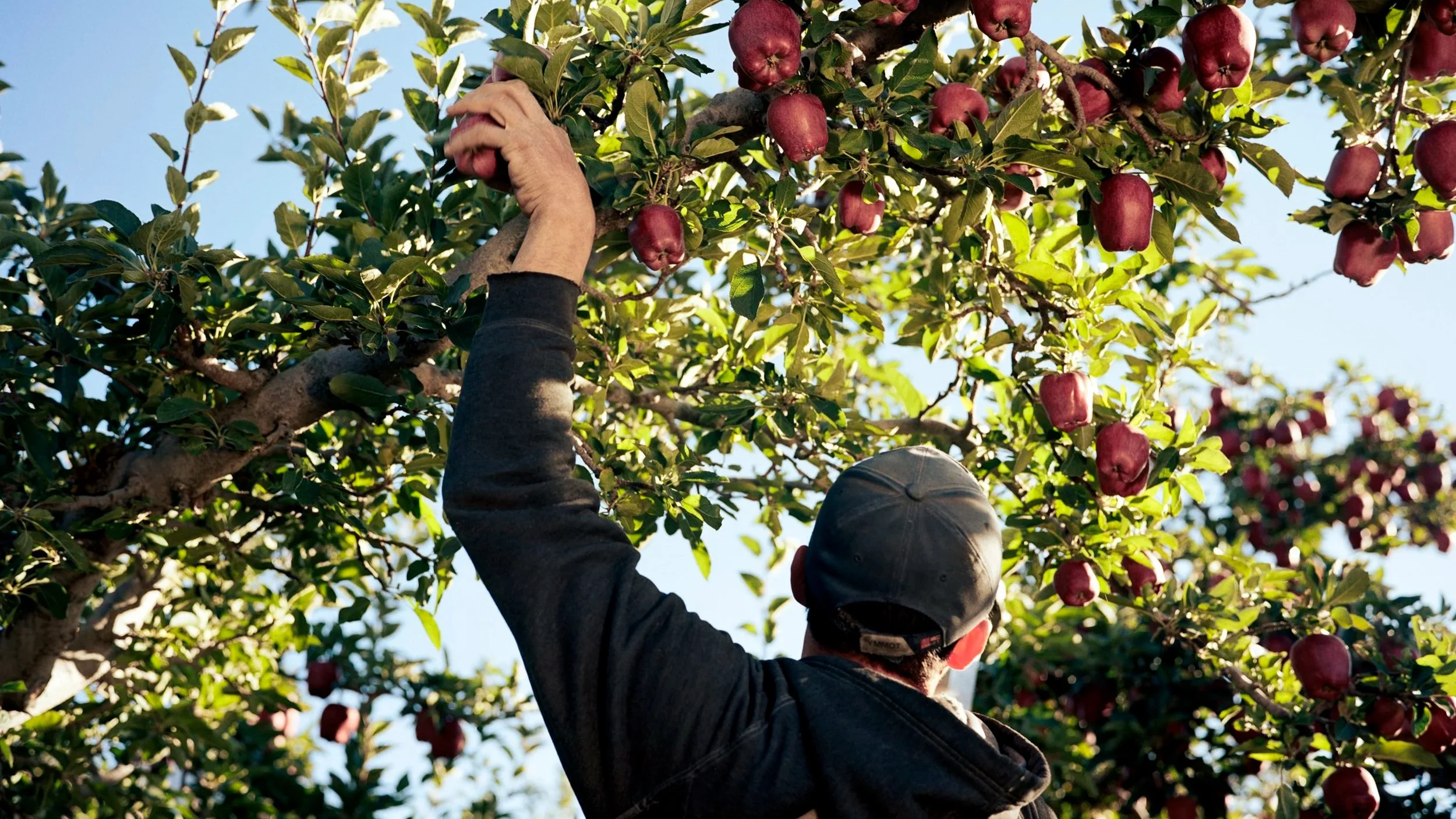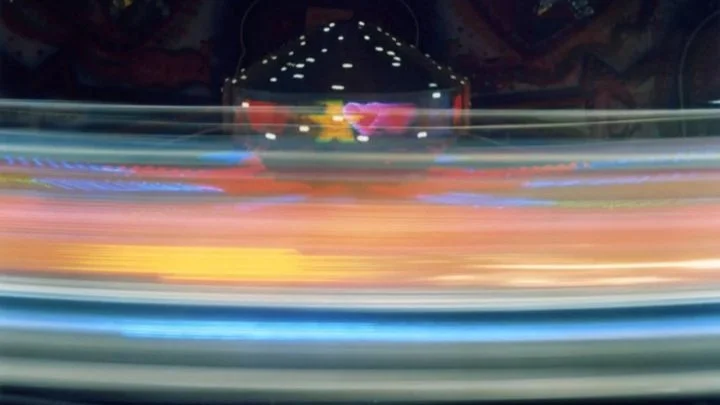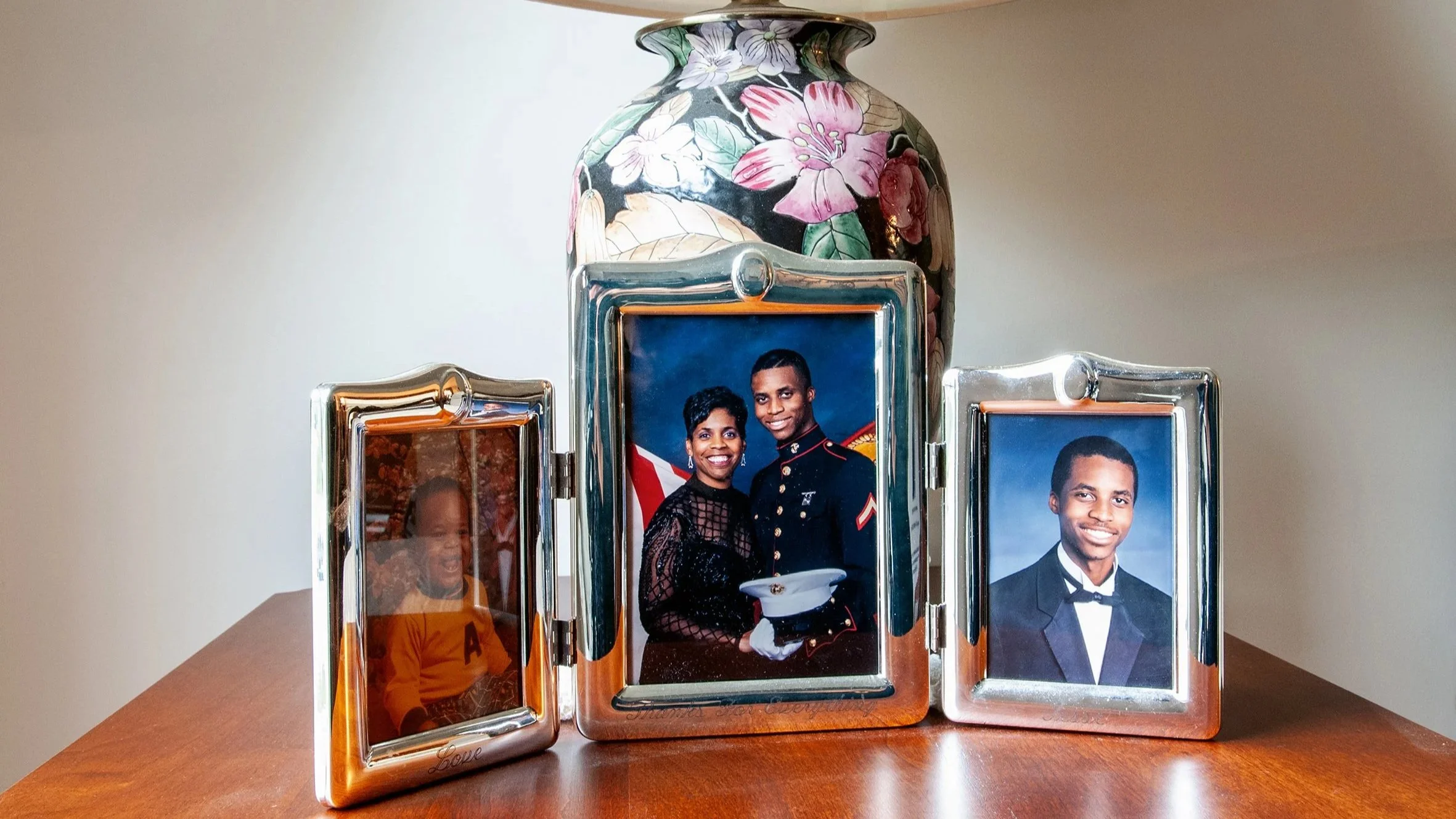Guido Gazzilli: Interpreting Solitude Through Lens
Welcome to this edition of [book spotlight]. Today, we uncover the layers of 'Home is Home (All Alone),' by Guido Gazzilli (published by Kehrer Verlag). We'd love to read your comments below about these insights and ideas behind the artist's work.
Renowned international photojournalist Guido Gazzilli has captured the eyes (and heartstrings) of many worldwide through his compelling visual narratives. In his most recent project, "Home is Home (All Alone)," he expertly weaves together visuals that explore disparate themes of identity, solitude, and human connection within the landscapes of nature and city life. Born in Rome in 1983, Gazzilli's work extends beyond mere journalistic snapshots; he builds a body of work imbued with poetry, music, and his unique interpretation of the human condition. His art has graced the pages of prestigious publications like The New York Times, The Guardian, Der Spiegel, El Pais, and more. In this revealing interview, the multifaceted photographer opens up about his inspirations, challenges, and the personal journey behind the genesis of "Home is Home (All Alone)," providing us with a candid glimpse into his creative process.
Inspirational adversity and vulnerable introspection serve as the backdrop for Gazzilli's exploration of identity and sense of belonging, making "Home is Home (All Alone)" a compelling pictorial diary. Born out of turbule times that saw Gazzilli grappling with loss, questioning his purpose, and seeking solace in nature, each image is a testament to his exploration of identity, his ever-evolving connection to the world around him, and his constant drive to manifest the intangible through his lens. His work constantly crosses borders, diving deep into uncomfortable depths of urban chaos, the sanctity found in nature, and even the enigma that is human solitude. As Gazzilli embarks on a quest to define the undefinable – identity, home, human connection – he invites audiences to look within themselves, nudging us to ponder along. This interview unpacks the conceptual nuances of Gazzilli's project, transporting us behind the lens and into the mind of a passionate, introspective artist.
"Home is Home (All Alone)" is a striking visual journey by renowned photographer, Guido Gazzilli. This remarkable collection transpires from Gazzilli's quest for a sense of home, deeply interlacing themes of identity and solitude. Drawing from personal experiences, Gazzilli narrates stories of diverse individuals set against the backdrop of city life and natural habitats. The imagery is powerful, exposing the rawness of human emotions, ensuing moments of connection, joy, and loneliness. Gazzilli's work invites readers to explore the intricate concept of 'home,' pushing beyond physical confines and propelling into the realm of shared human experiences. Published and exhibited globally, "Home is Home (All Alone)" is more than just a visual diary - it's an introspective voyage into the heart of human existence.
Origin and Inspiration: What sparked the inception of "Home is Home (All Alone)" and how did your personal experiences influence its direction?
I was in a moment that I wanted to close a part of my work, an archive more than 15 years long and a circle of life. At that time I was looking for a house (after changed 7/8 different places before), with a woman, my ex lover, we bought a very beautiful place in the forest , I thought I was living a dream but then everything collapsed like a tragic spell.
Since I was little, I never really found a place to feel at home. I grew up feeling very lonely, and that loneliness somehow, in that form of pain, made me more connected with every place and with my inner self.
Connection to Nature: Can you elaborate on the significance of seeking shelter and connection in nature within your work, and how this contrasts with the chaos of urban life?
Throughout my existence, I have spent half of my time in the city, a place that makes me vulnerable, too often causes me to fall into unhealthy dynamics, and ultimately wastes a lot of my time in a whirlpool of illusions and possibilities that do not often materialise.
That is why I seek shelter - a place where I can be constantly reborn. I find it in nature near Rome, among the trees and places that I still see through the eyes of a child.
Collaboration with Gabriele Tinti: How did the collaboration with poet Gabriele Tinti come about, and in what ways do you feel the poem complements the visual narrative of your project?
Gabriel and I have known each other for several years, I know little or nothing about poetry, but when he told about the Faun god in those verses I felt exactly like him, trapped in some cage searching for a respite and a landing place. I think poetry is very much in nature and vice versa.
Exploration of Solitude: The theme of solitude is central to your project. How do you navigate portraying this complex emotion through your images?
I try to find solitude very much outside, especially in others. I seek that state of suspension of time where only I, what is in front of me, and the camera can enter. It is a moment of extreme freedom. For many years, I believed that this emptiness I felt was something negative, to be fought. Instead, through the lens, I was able to see it from a different angle, making my own emotional state necessary to tell the story of my life through pictures.
Impact of Locations and Subjects: How do the places and people you photograph shape your understanding of home and identity?
What I believe I felt is a type of liberation that these subjects and places have long awaited, and that Faun makes a reality. They are striving to reach a secure place, a place where they can proclaim, "it's okay here." This vulnerability is something inevitable. I think you can perceive it by witnessing their stories.
Documentary Approach: Your work is described as a diary of images. How do you maintain the balance between personal narrative and the documentary nature of your photography?
I believe that the balance lies in conveying themes that are universal, belonging to everyone, impossible to capture within a specific theme. I like to imagine that those who view my work can sense something that connects it to their own individual story, serving as both a diary and a significant body of work that portrays the essence and identity of the human experience.
Photographic Style: How has your style evolved throughout the creation of "Home is Home (All Alone)" and what photographic techniques did you employ to capture the essence of your subjects?
To be honest, in my personal projects, I attempt to narrate my story more subconsciously, leading to less control. Clearly, I attribute a great deal of importance to elements such as error, randomness, and the unexpected, and these often characterize my projects. My influences are sometimes not so much derived from other photographers, but more from the world of painting - the manipulation of light, and how light's impact can differ significantly from one subject to another.
Reflections and Insights: Having completed this project, what are the most significant insights or changes in perspective you've experienced regarding human connection, identity, and solitude?
I realized that we are all very much alone in the life we lead but also very much one whole.Therefore, a deeper empathy and gentleness developed in me with respect to human beings, their mistakes to their failures.
This project brought me closer to acceptance of existence itself , to stop struggling to search, to know how to wait for life and the universe to respond to certain doubts.
Guido Gazzilli (Website, Instagram), born in 1983 in Rome, is an acclaimed photojournalist whose work commands international respect. His unique approach fuses the fluidity of poetry and music with the evocative power of photography, resulting in a deeply touching visual narrative that explores themes of identity, solitude, and human connection.
He skillfully straddles the line between the chaos of urban life and the serenity of nature, thereby narrating the nuanced dance between human beings and their environments. Gazzilli’s work is a profound exploration of everyday scenes, human figures, natural elements, and cityscapes, viewed through the lens of his personal experiences and interpretations.
His impressive portfolio has been featured in high-profile media outlets like The New York Times, The Guardian, Der Spiegel, El Pais, Vogue, among others. Beyond the printed pages, Guido's work has seen the limelight in various international exhibitions and gained recognition through numerous awards.
Aside from his photographs, Gazzilli shares his knowledge and skills as a teacher at Istituto Europeo di Design (Ied). He also had the opportunity to work as an assistant to renowned photographer Paolo Pellegrin of Magnum Photos. Today, Gazzilli continues to capture the world through his lens, exploring the human condition from his home in Rome and the peaceful Italian countryside.
More photography books?
We'd love to read your comments below, sharing your thoughts and insights on the artist's work. Looking forward to welcoming you back for our next [book spotlight]. See you then!











